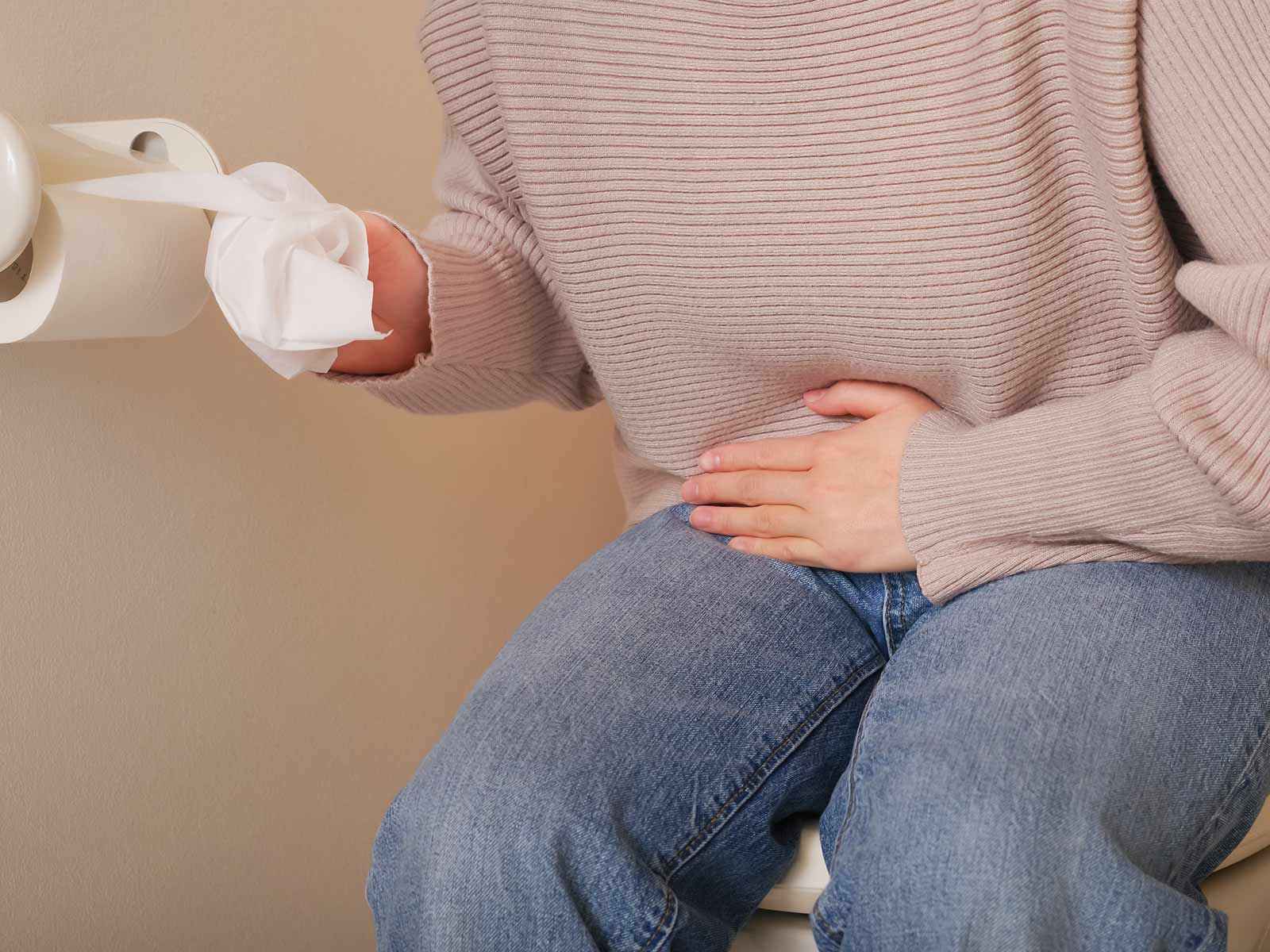
IBS-D is a type in an irritable bowel syndrome that is manifested by frequent liquid feces or waterly stools which may also be accompanied by pains in the abdominal area. ICD-10 K58.0, and sometimes known as spastic colon with diarrhea. Although it is not a life-threatening condition, IBS-D may severely affect normal life and quality of life.
Short-term and intermittent, these can appear and disappear or exert increased harm in stressful situations and in relation to specific foods and include:
The exact mechanism behind IBS-D is not well understood, but a set of issues seems to contribute to IBS-D:
First in the path to relief of IBS-D. GastroDoxs custom-tailors a more unique treatment system based on an individual approach to IBS-D through its patient-focused operations and extensive knowledge in the field of digestive health. The board-certified gastroenterologists working in our Houston case successfully deliver patient-centered care, high-quality diagnosis, and continuous treatment to ensure that you will restore the influence of your digestive system. Make a reservation now and start your individual IBS-D treatment.
We've successfully treated more than 2.8k patients, helping individuals improve their digestive health and overall well-being through expert, personalized care.
With over 20 years of experience, GastroDoxs has been a trusted provider of gastroenterology care, focusing on delivering the best outcomes for patients
IBS-D which is Irritable Bowel Syndrome with Diarrhea is a sub-type of IBS that is characterized by frequent loose stools, abdominal discomfort and urge. The ICD-10 code for IBS-D is K58.0.
Diagnosis will be on the basis of your symptom history and physical examination. We can also do lab tests or Imaging to eliminate other conditions. We would classify it into an official ICD-10 code of K58.0.
IBS with the preeminent constipation has the IBS code of K58.1.
The usual form of IBS-D drugs is loperamide to reduce the pace of diarrhea, eluxadoline tooxicate bowel motion, and rifaximin to target intestinal bacteria. It is a matter of choice based on you and your symptoms.
There's no one-size-fits-all. We usually begin by using loperamide and keep changing according to how well the symptoms are suppressed and tolerance.
Yes. Probiotics, low-FODMAP diet and peppermint oil will help many patients. We will assist you in determining the method that you handle better.
When your conditions take longer than twenty-one days, as well as having bloody discomfort, inexplicable slimness, simpler extreme suffering, you must promptly visit a gastroenterologist.
Absolutely. The stress and anxiety may negatively affect gut-brain signals and more frequently or worse IBS-D symptoms may be produced. We provide stress-relieving methods and help.
IBS-D has no cure, but in the majority of cases, a combination of dietary patterns and non-dietary lifestyles with the application of medications is used successfully in achieving good symptom control.
We will record the right code (K58.0 with IBS-D) in your medical record and free up any the required paperwork to your employer or insurance company.